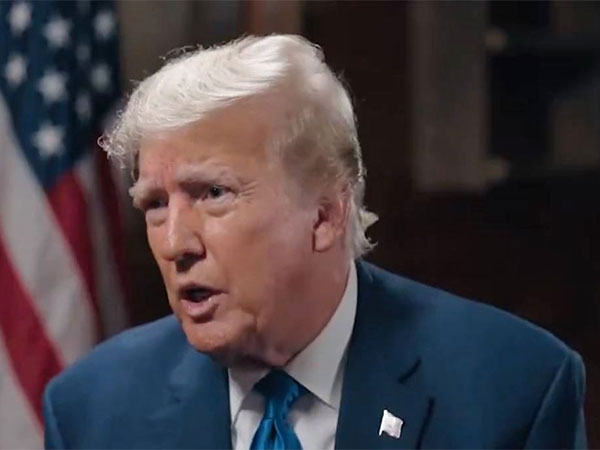America's Waning Influence in Africa: A Diplomatic Conundrum
United States' declining influence in Africa poses challenges for its diplomatic strategies, especially in the face of increasing Chinese and Russian alliances. Staffing shortages and resource constraints at embassies, coupled with unexpected geopolitical events, have hindered the country’s ability to execute its foreign policy effectively.

U.S. influence in Africa is dwindling, with President-elect Donald Trump's administration facing challenges in comprehending a continent that's increasingly allied with China and Russia. A lack of staff and resources under President Joe Biden has hampered diplomatic operations, losing key positions like the spy base in Niger.
According to a Gallup poll, China has overtaken the U.S. in popularity across Africa. Several diplomatic missteps, such as being surprised by conflict in Sudan, have occurred. This reflects the U.S.'s significant blind spots in understanding African political and military dynamics, as noted by Cameron Hudson of the Centre for Strategic and International Studies.
Recent reports highlight persistent staffing issues in African U.S. embassies, undermining economic and political stability efforts. Despite attempts to recruit and incentivize staff for these difficult postings, progress is slow. As the U.S. lags in leveraging Africa's mineral reserves, its rivals are strengthening footholds in the continent.
(With inputs from agencies.)
ALSO READ
UPDATE 1-Trump invites China's Xi Jinping to attend inauguration, CBS News reports
Ukrainian drone hits police barracks in Russia's Chechnya, injures four
Taiwan's Diplomatic Dance: Navigating Ties with Trump's Team Amid China Tensions
Former Taiwanese President Ma Ying-jeou's Strategic China Visit
China and Russia Strengthen Strategic Ties for Global Governance










